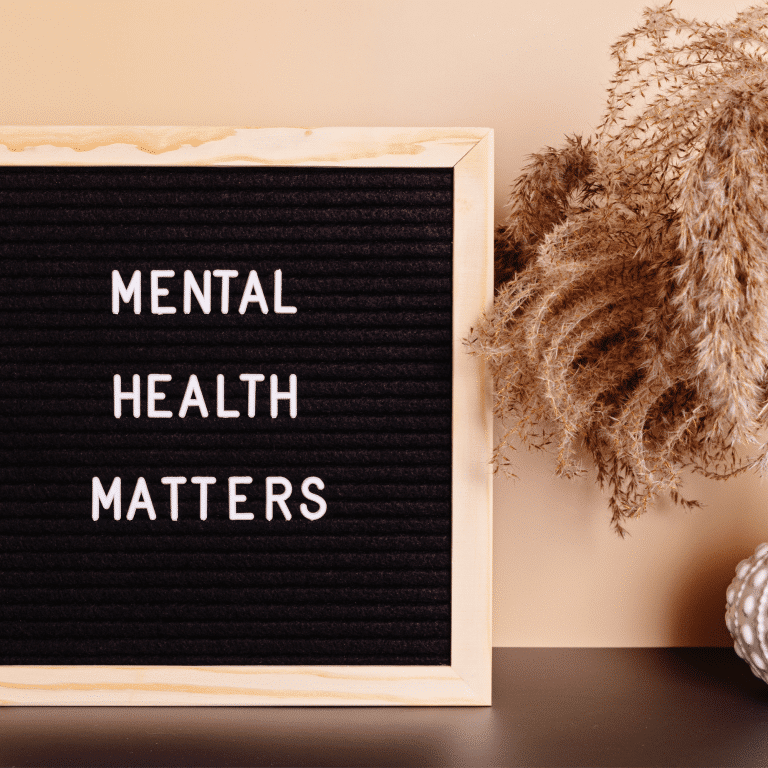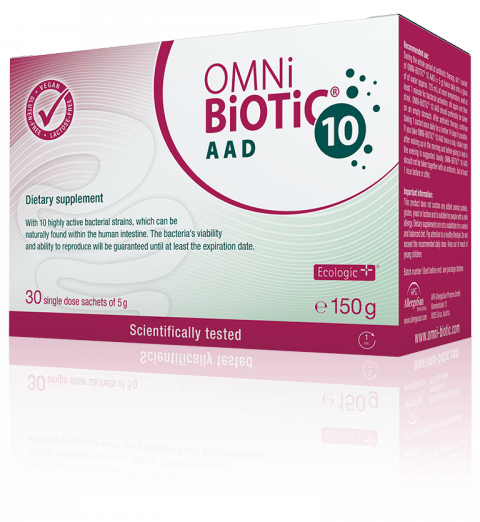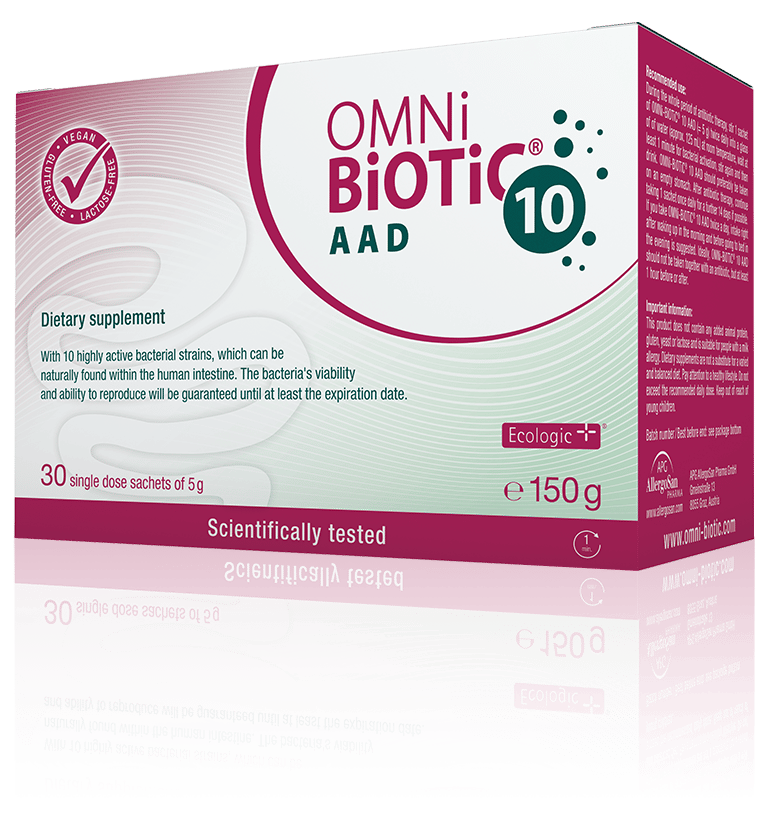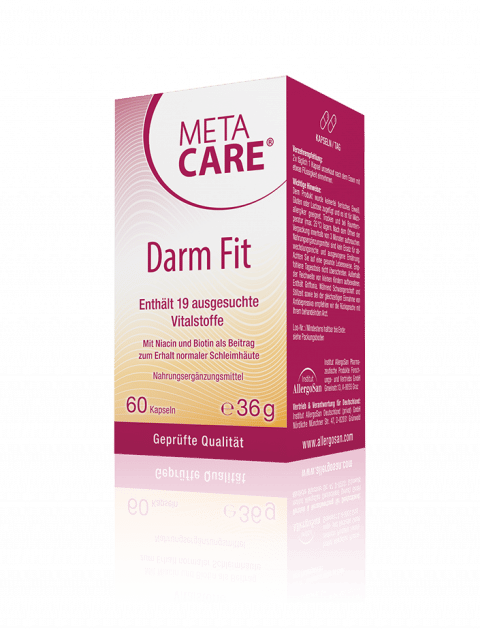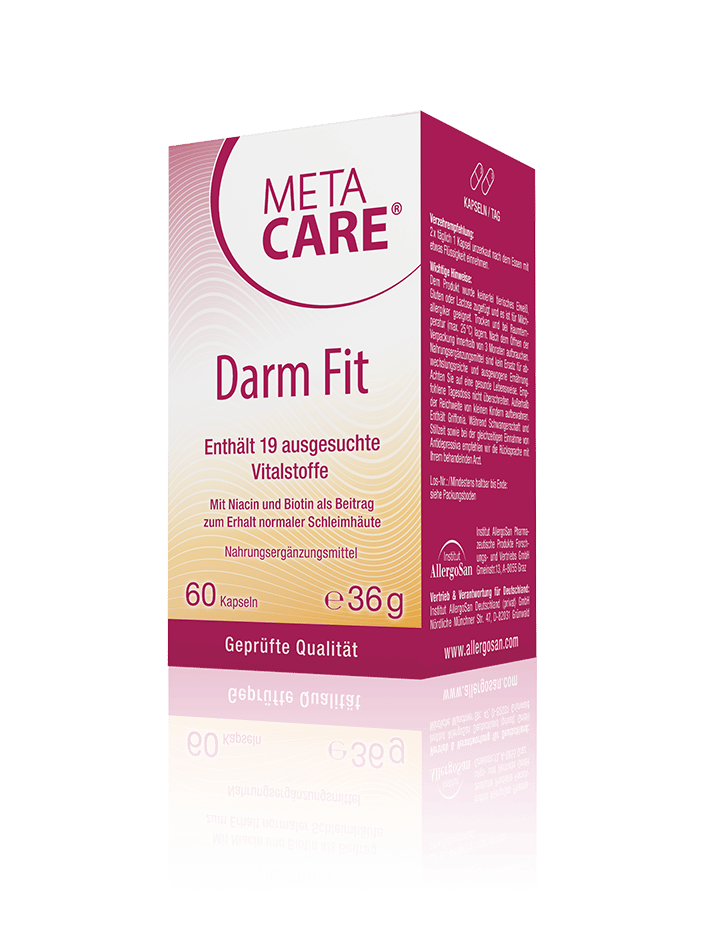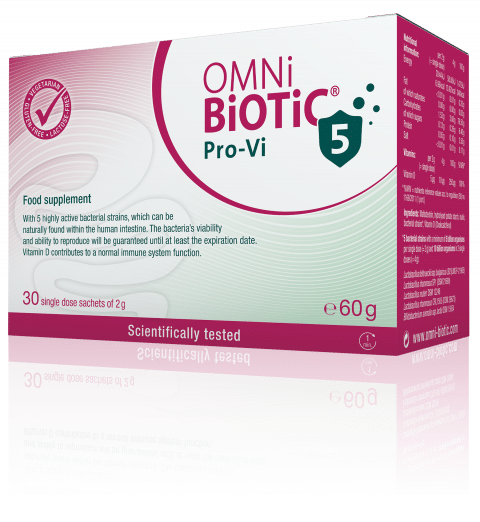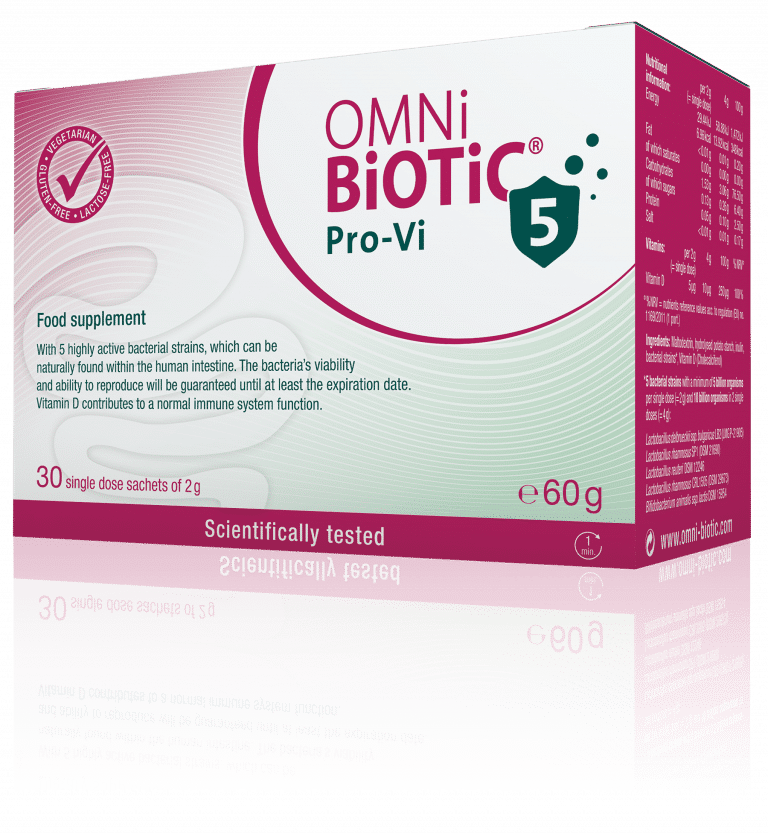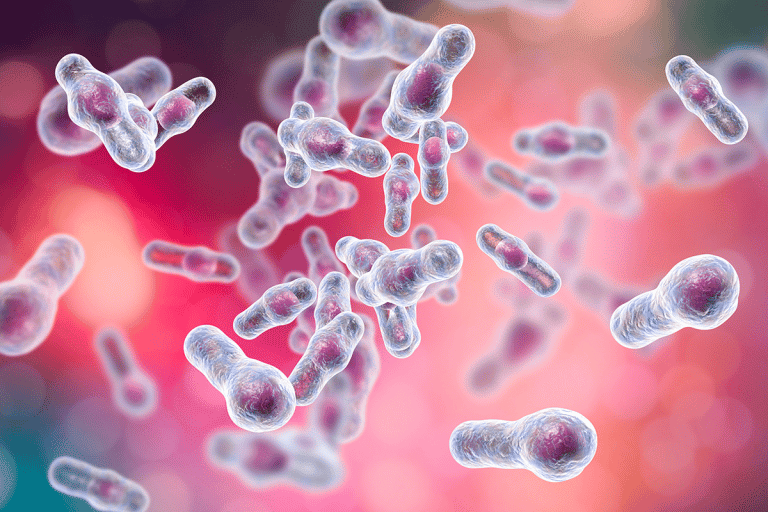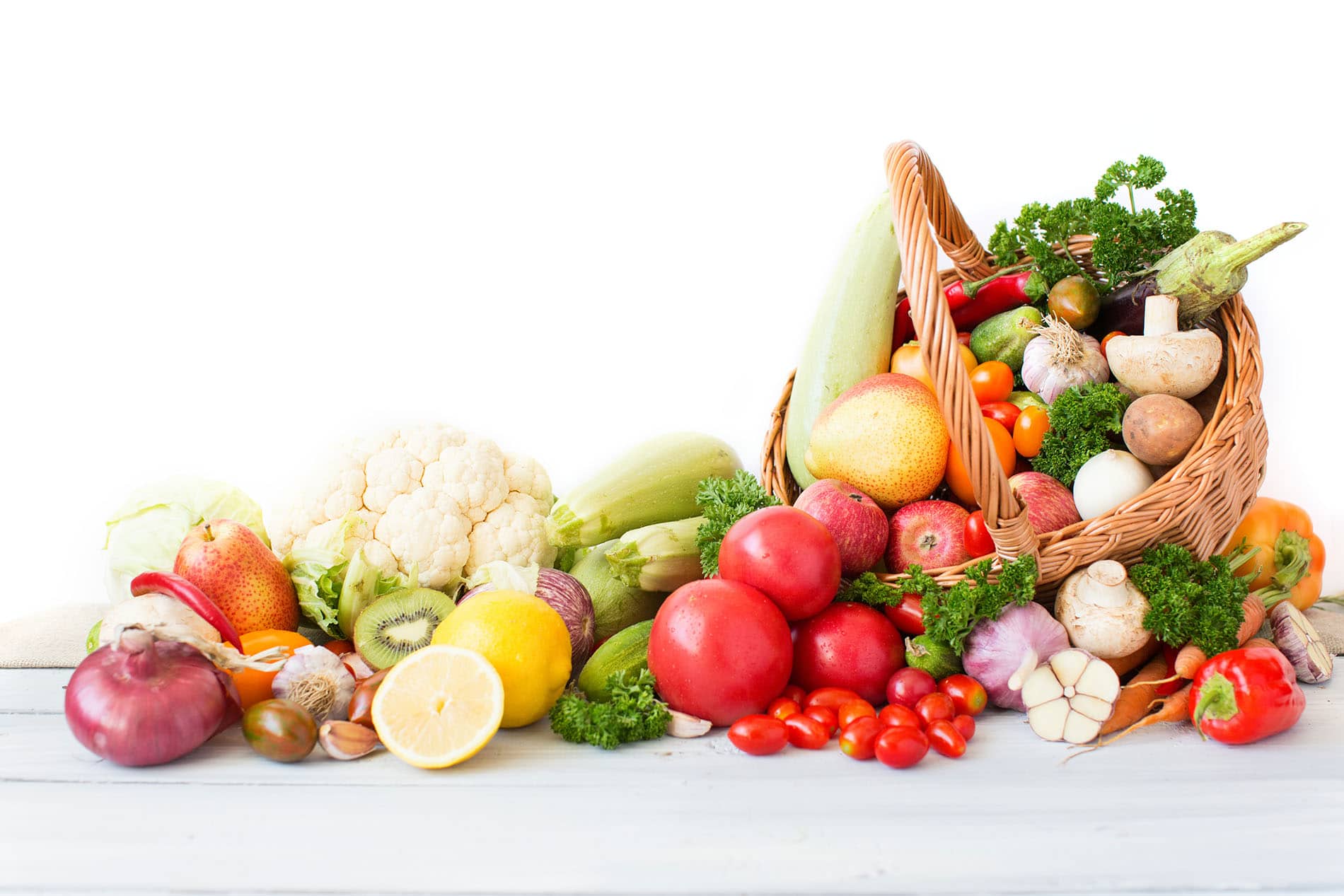
This happens when you stop eating fibre
Some people don’t mind time talking about every single layer of their own body. Even the, well… layer of slime covering the inside of the gut. Even those who would rather not talk about this particular layer, should still know a little about it.
The layer we are talking about is the layer of mucus sitting on the mucous membrane of the gut and it’s surprisingly important for one’s health. This layer of “slime” protects the underlying tissues from intruders and is a reservoir of protective antibodies. Unfortunately, this protective layer isn’t invulnerable. What makes it vulnerable, is its large polysaccharide content. It has become evident that these sugar-based compounds, can become chow for bacteria when these don’t get enough other suitable food.
At least, that is what biomedical specialists from Luxemburg and the US are saying in a study which appeared in the scientific journal “Cell”. The study deals with the food ingredient with which one can effectively prevent bacteria from ravaging our important mucous layer: fibre.
Fibre is present in vegetables or wholemeal cereals, and it ends up undigested in the gut. It has been shown in many studies that people who consume a high-fibre diet, live healthier lives than people who tend to avoid fibre. It is a well-known fact that fibre makes the gut’s job a lot easier, precisely because it is indigestible and so ensures a greater stool volume.
The more fibre, the better the protection
Now, researchers believe they have found a function of fibre that has been unknown so far. They have shown that these compounds protect the uppermost protective layer of the gut: the mucus. This is because, just like mucus, they are mainly composed of polysaccharides.
The researchers colonised the guts of laboratory mice with a mixture of 14 gut bacteria which are normally only found in the human gut. The mice were carrying a small version of the human microbiome in their bellies.
A part of the test animals had to (or, was allowed to) eat lots of grains and plants; their food contained around 15% fibre. The other animals ate less fibre, or even none at all. Moreover, many of the mice had to undergo an infection with pathogenic bacteria, similar to E. coli.
Own bacteria devour the protective layer
The mice which ate lots of fibre all had a thick layer of mucus in their guts, and this barrier also gave them a better protection from infections. The less fibre the other animals ate, the thinner their protective mucous layer was.
In the mice that didn’t receive any fibre at all, their own gut bacteria turned on them and ate holes into their mucous layer. The mucus became so thin that it could no longer protect against pathogenic bacteria. The mice became ill more rapidly and suffered more serious infections. They lost weight and moved less.
Strangely, the bacteria which eat polysaccharides (originating from fibre or mucus, depending on the supply), actually belong to the useful bacteria.
“What we learn from the interactions of fibre, gut bacteria, and the protective system of the gut, is that if you don’t feed your bacteria, they might eat you”, says Eric Martens, professor of microbiology at the University of Michigan and one of the study’s authors. That’s one more reason to heed centuries old advice and eat more vegetables and grains.
